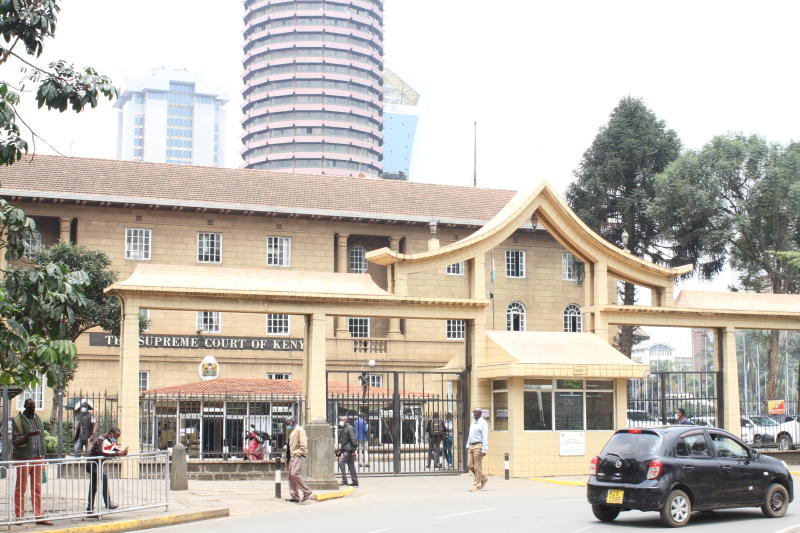
Recently, during a press briefing at the end of a multi-agency meeting on elections preparedness, Chief Justice Lady Justice Martha Koome was quoted by the media saying the Judiciary will set up specialised courts to deal with hate speech during this election period.
This has legal and policy implications. Hate speech is an offence defined under Section 13 of the National Cohesion and Integration Act No 12 of 2008 whose penalty is a maximum fine of Sh1 million or imprisonment of three years. Its elements include stirring up ethnic hatred by use of speech, conduct, publication, material distribution, drama, films and programmes that are threatening, abusive or insulting by a natural or corporate person.